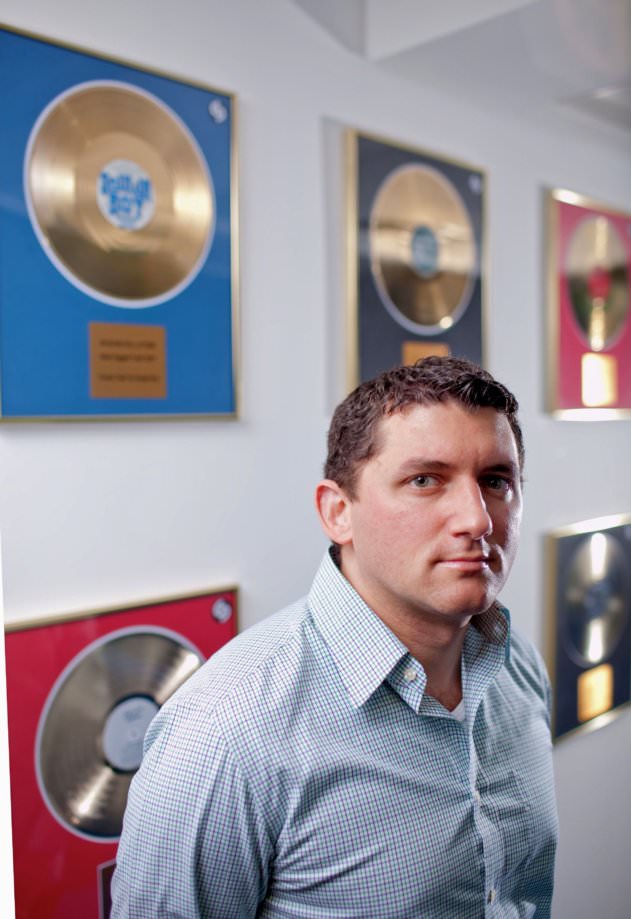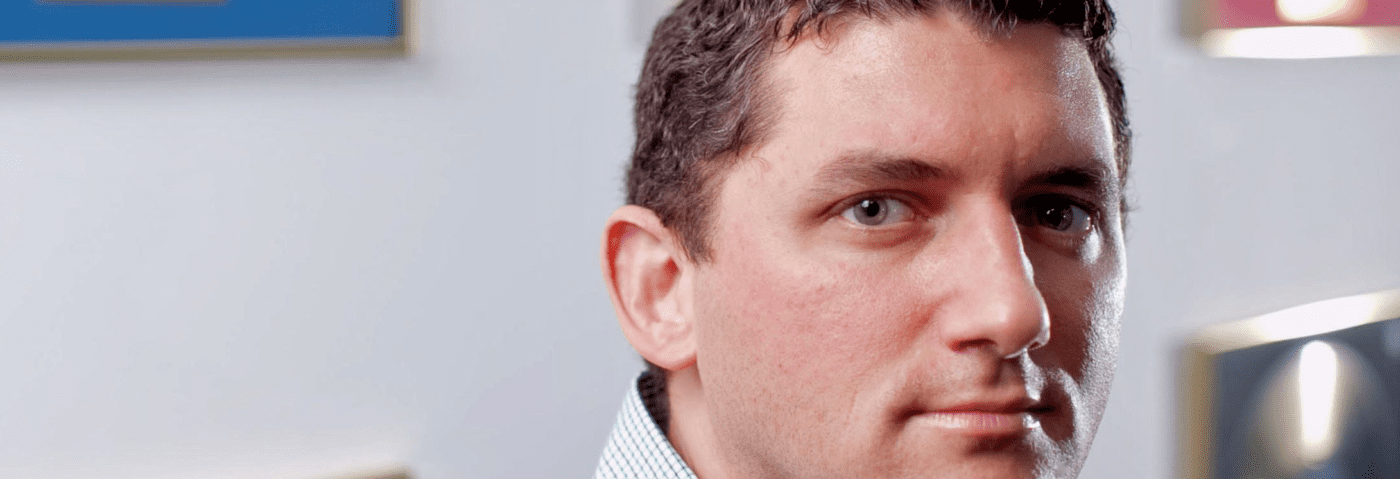The Director of Music & Content at Shazam, the revolutionary music identification smartphone app, talks us through his work which sees him bring together the worlds of music and technology on a daily basis.

Name
Will Mills
Place of work
Job
Director of Music & Content
How long have you had the job?
Eight years.
Describe a typical day.
A typical day can includes anything from meeting with business affairs executives to close global agreements with major labels such as Sony and Warner Music through to liaising with label presidents and managers to execute promotions with a wide range of artists from Lil Wayne to Justin Bieber.
The technology and music industries are fast-moving with constant innovations and market shifts, so you have to be able to either create, or work in conjunction with an ever-evolving landscape. Therefore, staying close to the leading digital music services, as well as new and interesting start ups, is important.
Being a global company also means a meaningful amount of travel to the US, Europe and beyond to attend industry events, with SXSW and Midem being particularly important.
Throughout the day there’s also plenty of interaction with Shazam’s technical, marketing and legal teams.
Highs of the job?
There’s a creative culture at Shazam that encourages innovation (I’ve been lucky enough to co-invent patents here) so you can also come up with ideas that can make it in front of millions of users in a short time-frame.
Day to day, meeting folks who tell you they have it on their phone and talking about the music they’ve discovered is also nice.
It’s also always cool to hear artists unprompted call out how they use Shazam or how it’s helped them break, ranging from Usher to Alex Clare. Indeed, T-Pain used Shazam to identify a Lily Allen track, which led to him sampling it and creating a top five Billboard hit with it.
Helping millions of people every day connect to the music and media they love. Plus seeing Shazam evolve into one of the largest drivers of music sales and seeing the Shazam chart referenced by a majority of leading figures in music as the most reliable barometer of future hits is great.
Lows of the job?
Not a low per se, but being global means early starts and late nights.
Who are the people who’ve had the biggest influence on your career and why?
From music, people like Chris Blackwell, Ahmet Ertegun and Martin Mills who’ve built great companies based on the love of music are obvious inspirations.
And from technology it’s hard to underestimate the importance of Steve Jobs and Jonathan Ive. Most directly, Shazam founder Avery Wang (who also worked on some of the tech used in Universal Audio’s cards) is certainly an awesome individual to work with, as are many of my colleagues and our partners.
How did you get your job?
I’d worked across most sectors of the traditional music business including label management and A&R. And as being a music person is something that’s beyond just a job, I also DJed and was dance music editor for a national magazine. I’d met the founders who were looking for someone who could significantly improve the connection with music industries and the service.
How would we get a job like yours?
Having a deep understanding of both music and technology and how they interact, plus getting out there gaining relevant experience is the main thing. The space is also radically different in 2012, with social and smartphone platforms and a solid tech and VC scene in London. If you have the vision you can also create your own company much more easily these days.
